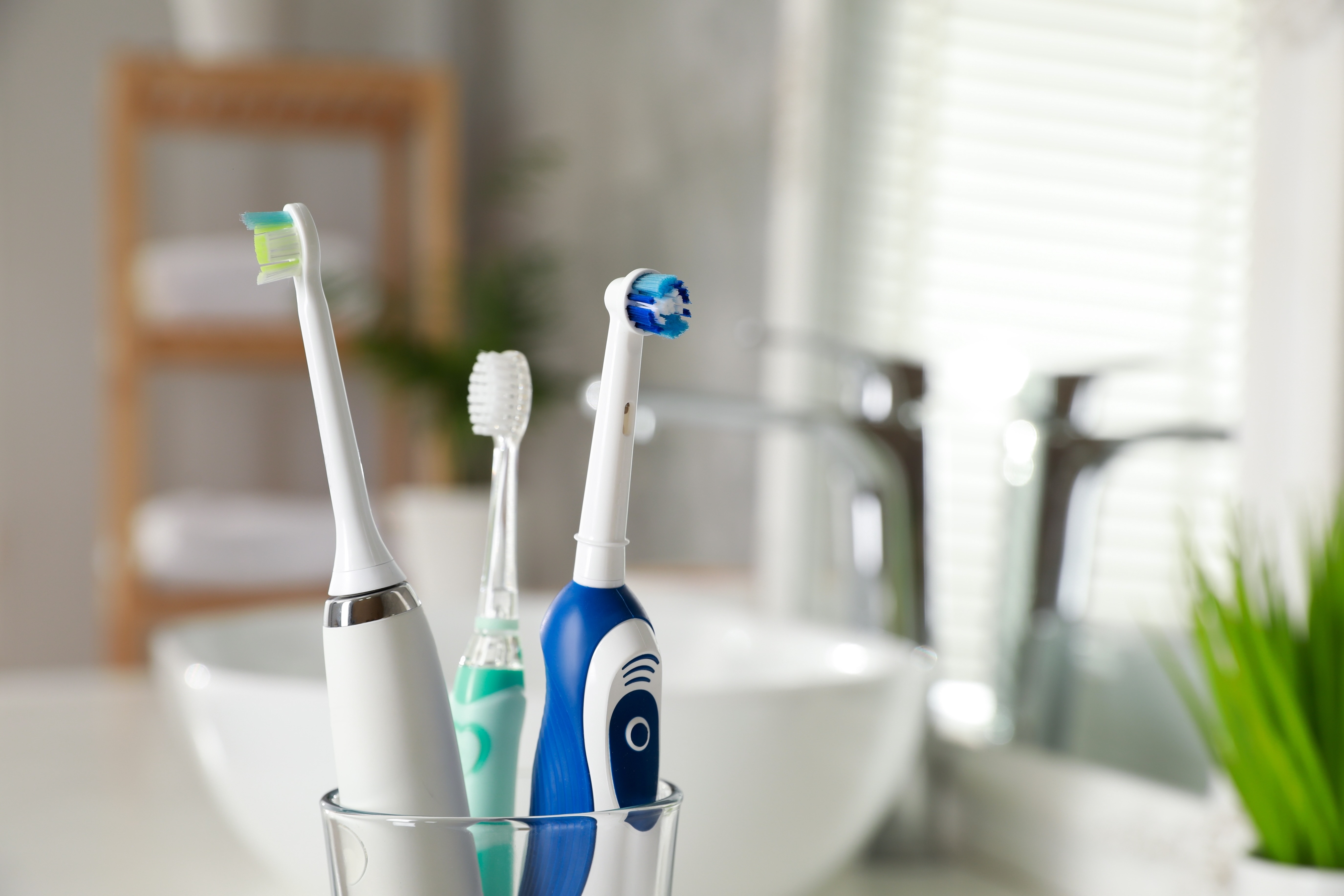Tuesday, 29 April 2025
That's Christmas 365: Recycle Your Old Tech Before Buying New This Chris...
Wednesday, 23 April 2025
That's Food and Drink: Grease to Green: How to Recycle Used Cooking Oil t...
Tuesday, 22 April 2025
That's Food and Drink: How Your Food Business Can Be Better at Recycling
Tuesday, 8 April 2025
Brushing with Disaster - Electric toothbrushes adding to UK ewaste mountain
Experts at UK-based In2tec, a specialist in sustainable technology, says cheap toothbrushes and consumers upgrading to new high-end models with superficial, gimmicky enhancements are adding to landfill unnecessarily.
In 2022, an estimated 34 million people in the UK used electric toothbrushes with 12 million people having switched in the five years between 2015 and 2020, while it is hard to get reliable data on how many are thrown away, the number is doubtless significant – last year Expert Reviews analysed data that revealed the UK throws away 2,266 tonnes of toothbrushes every year – 212 million electric toothbrush heads and manual brushes.
Throwaway electronics have a devastating ecological impact, trigger serious health problems among waste pickers in developing countries, and use staggering amounts of vital and increasingly scarce materials like rare earth elements, aluminium, copper, and steel.
Most modern electric toothbrushes contain lithium-ion batteries. Whilst they last longer and are more efficient, the key raw material of lithium is fraught with significant challenges throughout the supply chain. Ranging from resource availability to geopolitical risks, human rights issues, environmental concerns and technological hurdles.
Emma Armstrong, Sustainable Electronics Ambassador and Group Commercial Director at In2tec Ltd, told That's Green: “Electric toothbrushes are less than £3 from some low-quality online retailers such as Temu, so people are quick to replace them when they inevitably break. Meanwhile, gadget fans are tossing away their perfectly fine model for the next generation, which boasts totally unnecessary phone apps and multiple ‘cleaning modes’.
“Most toothbrushes are not designed to be reused or recycled and can end up in landfill after a few years if not a few months. Recycling can only do so much – for real results, society needs to turn away from ewaste and embrace modular technology that ensures components are reused or repaired instead of being burned or buried.”
Researchers at Dublin's Trinity College undertook a study on the sustainability of different models of toothbrushes to learn which had the greatest global environmental impact.
Dr Brett Duane, Associate Professor in Public Dental Health and lead researcher said: "There are billions of toothbrushes used and discarded every year. Our research shows electric toothbrushes are harmful to the planet and to the people involved in the manufacturing process and distribution.”
“The ideal toothbrush is one which uses plastic which is recycled in a continuous process. We need a system where plastic toothbrushes can be collected like batteries and then recycled into new products.”
In2tec is working to slash the harrowing environmental and societal impact of ewaste and provide innovative solutions to the growing problem of throwaway electronics.
The company’s signature ReUSE® and ReCYCLE™ comprise a closed-loop process allowing manufacturers to remove components from existing electronics at the end of their useful life and reuse them – carbon-free.
ReUSE® is a series of materials, processes and design principles used to manufacture printed circuit board assemblies (PCBAs), while ReCYCLE™ is the ultra-low energy process for unzipping PCBAs – the foundation of nearly all technology – to the original bill of materials (BoM).
The technology's versatility allows global commercialisation and a vast reduction in the overall energy used to manufacture and process when it reaches its end of life – something that is not possible when using conventional PCBA processes or materials.
To learn more about In2tec Ltd visit their website at https://in2tec.com
